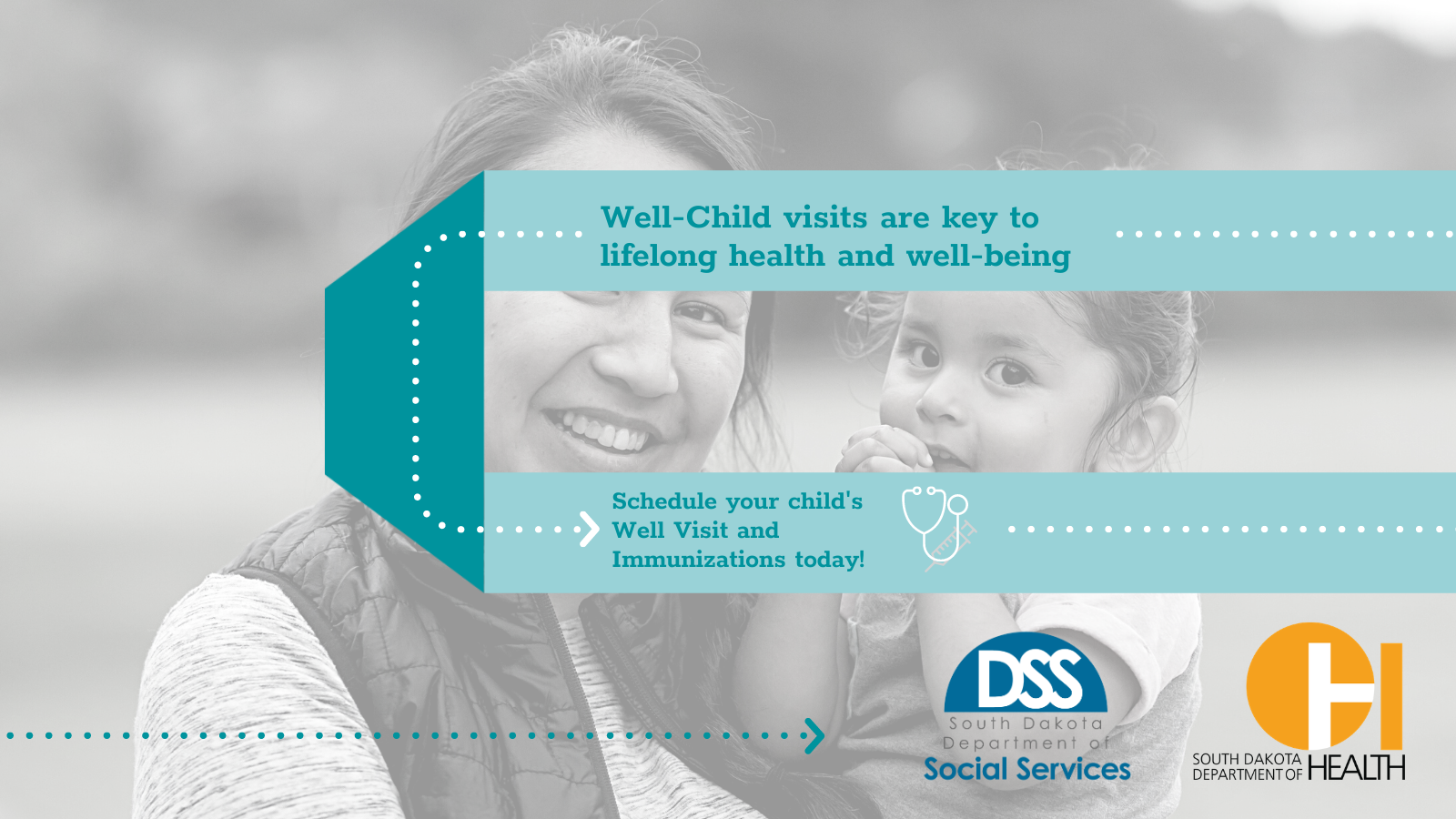

Identifying Barriers for Implementing an Early Childhood Caries Risk Assessment Tool for Non-Dental Primary Care Providersĭarsh Sheth, a physician assistant studies master’s candidate at the University of Manitoba, will present findings from his capstone project on understanding the importance of early childhood caries (ECC) and the ongoing issues facing Canadian children. Schroth also discussed the pivotal role primary healthcare providers can play in identifying children at high risk through the use of caries risk assessment tools and how they can help prevent the development of caries at an early age and connect those in need of treatment to local dental offices. Gerald Niznick College of Dentistry, discussed and reviewed findings from a variety of studies about the high rates of early childhood caries in Canada, the risk factors associated with the disease and the preventive and treatment options available, including surgery under general anesthesia.

Robert Schroth, a professor and clinician scientist at the University of Manitoba’s Dr. Alai-Towfigh suggested ways to improve early childhood oral health and showed how we have advanced in the past 30 years in terms of early childhood oral health promotion.Įarly Childhood Caries and the Role of Primary Care Providers in its Prevention and Managementĭr. Hamideh Alai-Towfigh, a pediatric dentistry resident at the University of Manitoba, discussed her research on the knowledge of Canadian dentists about the correct age for a child’s first dental visit as well as the results of a Canada-wide survey regarding dentists’ practical knowledge, attitudes and behaviours towards first visits to the dental office. Work in Progress: Canadian Dentists’ Views on the First Dental Visit and Early Childhood Oral Healthĭr. Kyoon-Achan also discussed community feedback obtained through sharing circles and focus groups – some of the many suggestions for oral health promotion in First Nations and Métis communities mentioned were social media, connecting oral health programs to communities as well as sharing information through already existing community health programs, improving access to dental care, among many others. Gerald Niznick College of Dentistry, discussed the high prevalence of severe ECC among Indigenous people and the different oral health promotion strategies that may help improve Indigenous children’s oral health. Grace Kyoon-Achan, a research associate at Healthy Smile Happy Child and the Dr. Health Promotion Strategies to Improve Early Childhood Oral Health in Manitoba First Nations and Métis Communitiesĭr. JuHae Lee, then an master of science candidate in the department of oral biology at the University of Manitoba, presented her findings regarding risk factors and dental caries rates among First Nations and Métis children in one urban and three rural communities in Manitoba. The learning sessions discussed a variety of topics related to early childhood oral health:Īssessing the Oral Health Related Quality of Life of First Nations and Métis children in Manitoba

The presentations were open to the public and were broadcasted through Telehealth and Zoom.Ībout 300 people, mostly dental professionals and primary healthcare workers from across Canada, attended the presentations. Since July 2020, the Healthy Smile Happy Child initiative has offered the public four CE Learning Sessions as part of their ongoing presentation series.


 0 kommentar(er)
0 kommentar(er)
